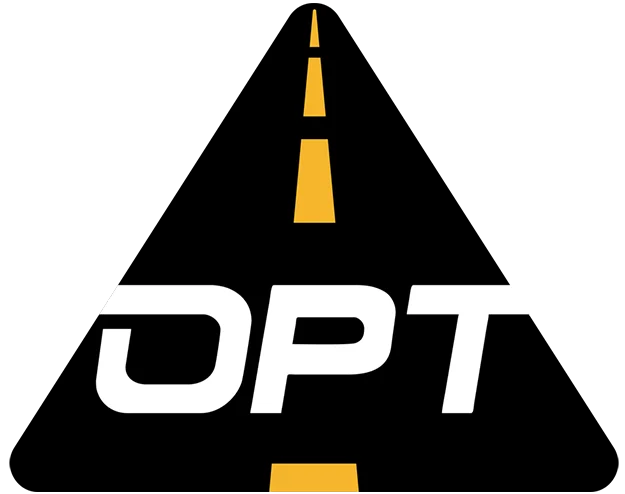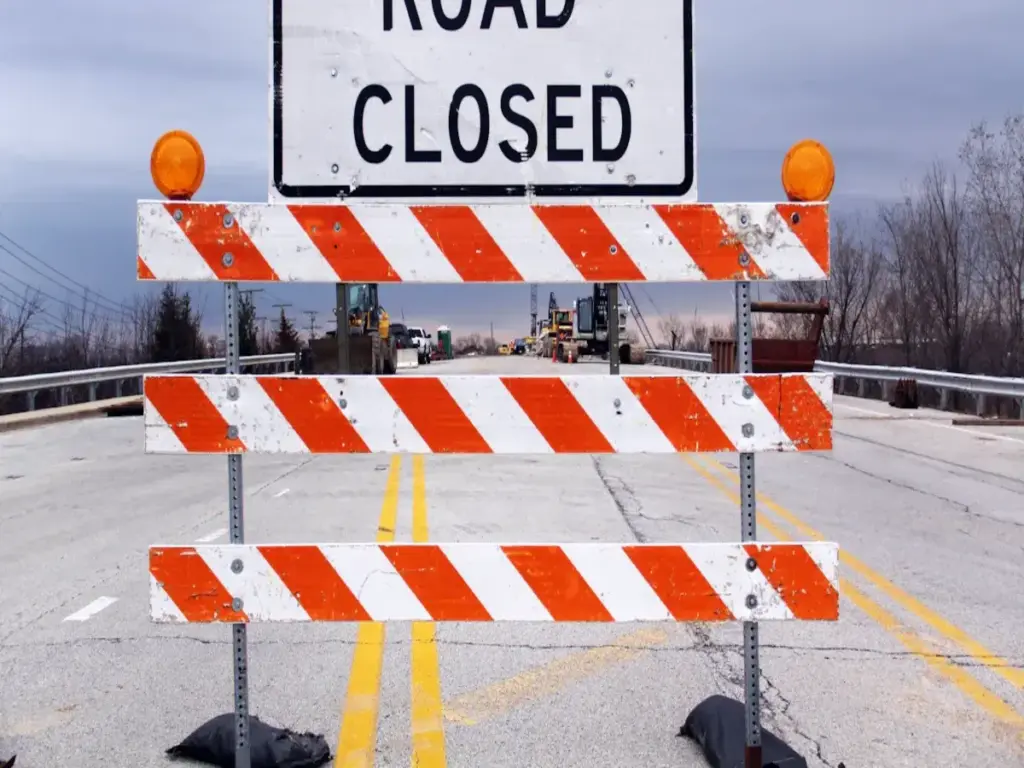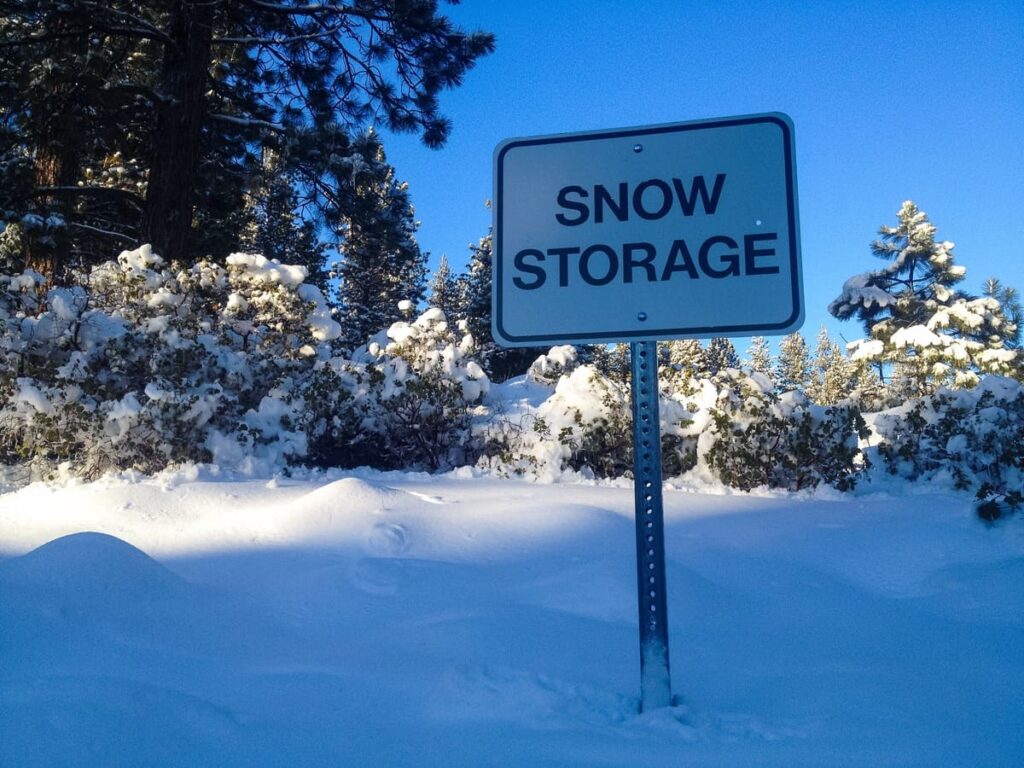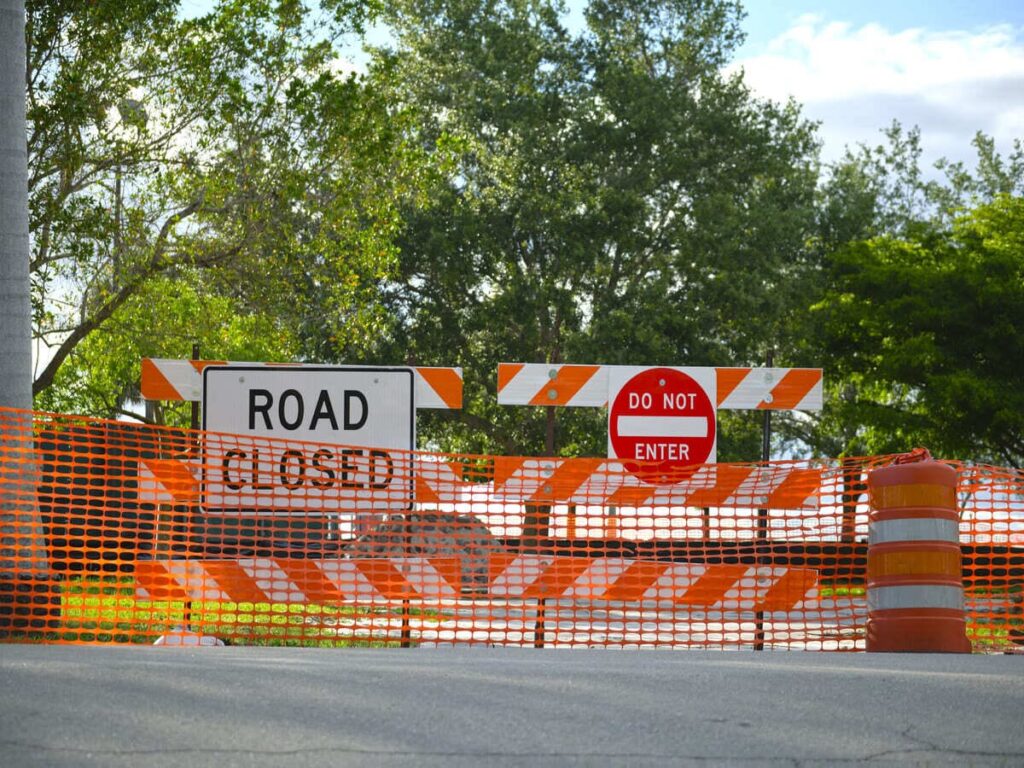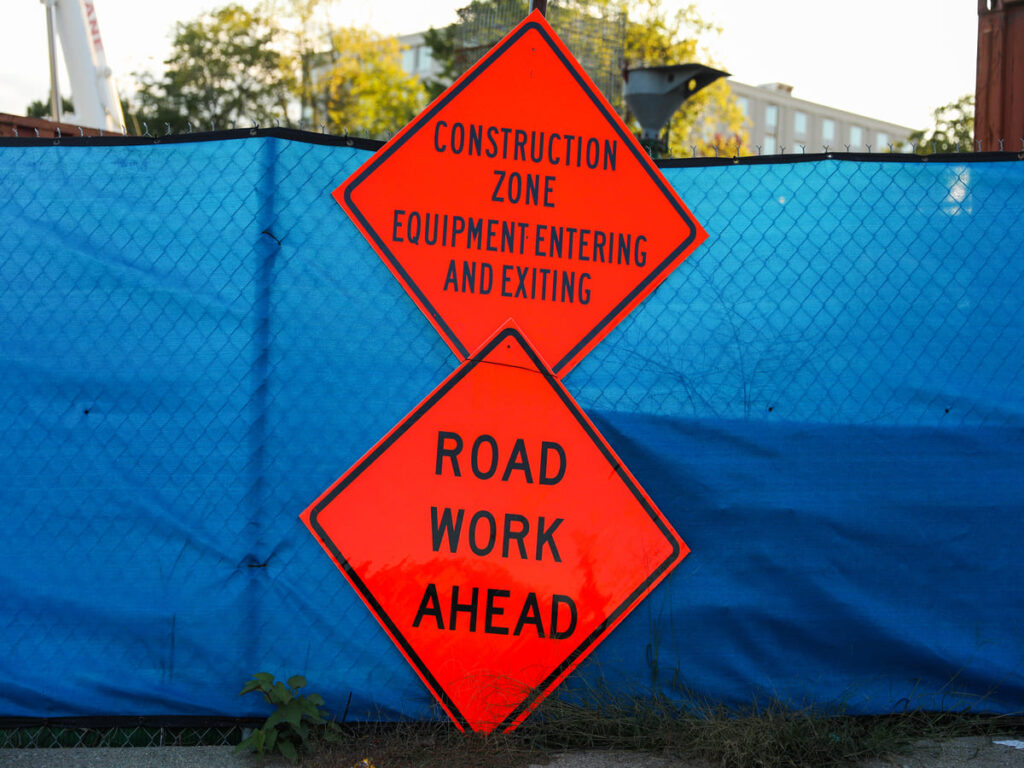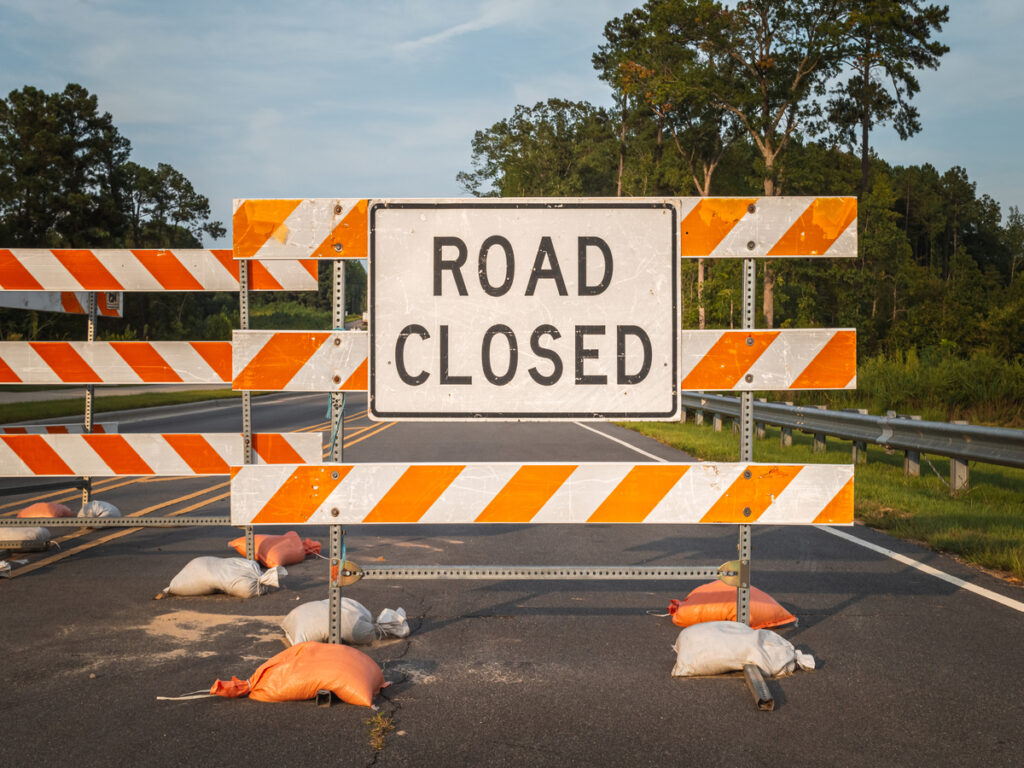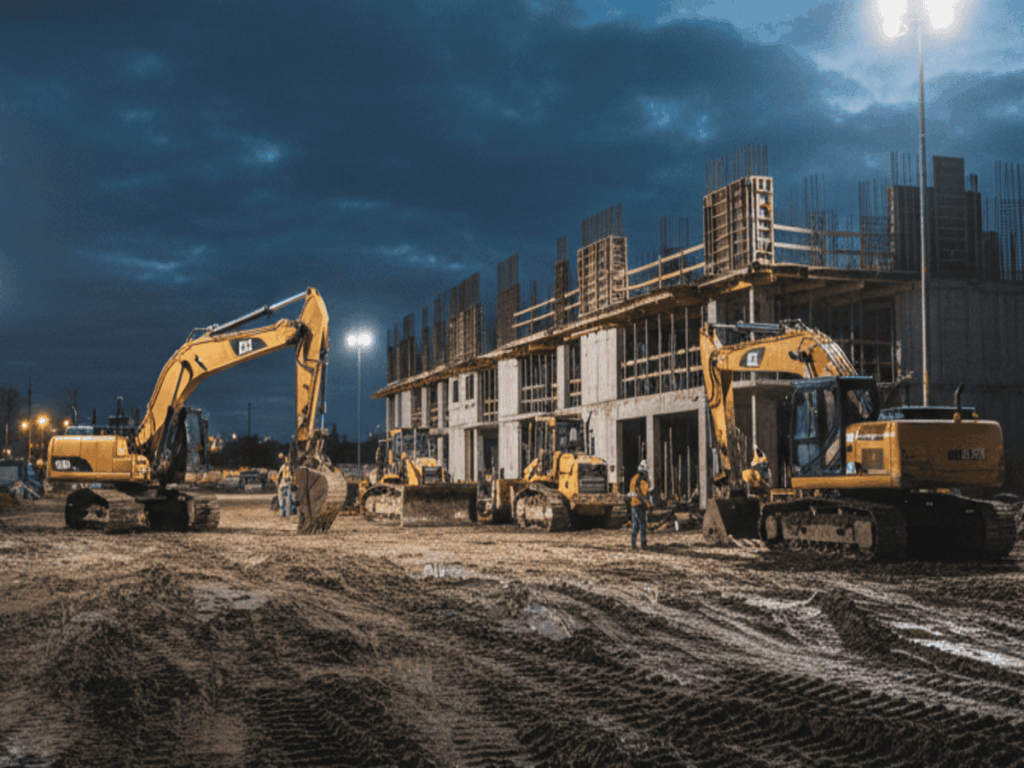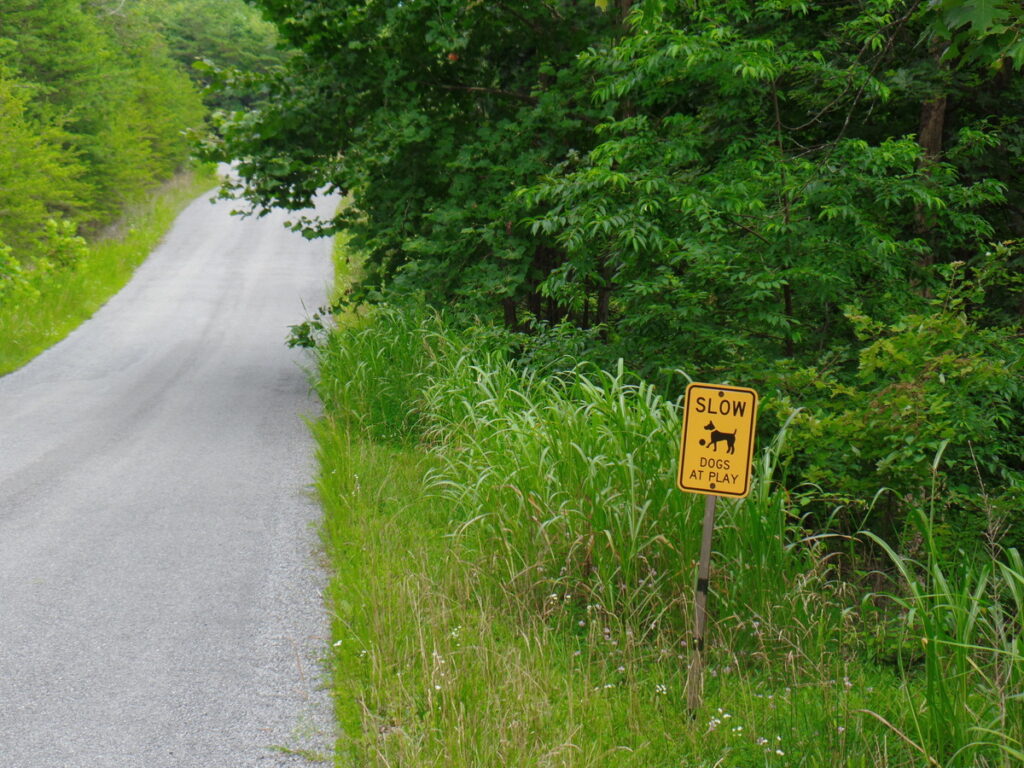
Traffic signs are crucial for maintaining safety on rural roads. These roads face unique challenges such as animal crossings, sharp turns, and inadequate lighting. Many rural areas lack sufficient signage, with studies indicating that only 69% of necessary warning signs are present. This shortage of signs increases the risk for drivers. Experts recommend implementing improved strategies to identify hazards and appropriately place signs. To enhance safety, it is essential to order traffic signs for rural roads, which can significantly reduce accidents and create a safer driving environment for everyone.
OPTRAFFIC offers high-quality, durable traffic signs for sale, specifically designed for rural roads. OPTRAFFIC safety signs are made from materials that ensure long-lasting visibility and durability in harsh weather conditions. Whether you need warning signs for sharp curves, animal crossings, or low-visibility areas, safety signs for sale are designed to meet all safety standards and help protect road users.
Key Takeaways
- Traffic signs are important for safety on rural roads. These roads often have challenges like animals crossing and dim lighting.
- Better signs can help prevent accidents. Studies say reflective signs can cut crashes by 38%.
- Using tough materials and placing signs correctly makes them last longer. This also helps drivers see them in bad weather.
- Getting the community involved is important. Locals can point out risky spots and support safety projects.
- Fixing and cleaning signs often keeps them useful and easy to see. This helps make driving safer for everyone.
Key Challenges of Rural Road Safety
Less Traffic, More Dangers
Rural roads may have fewer cars, but they are risky. In 2021, 40% of car deaths happened on rural roads, even though only 15% of people live there. These roads are dangerous because of fast speed limits, narrow lanes, and unmarked crossings. Poor lighting and sharp turns make driving at night even harder.
Drivers on these roads often take unsafe actions. Many don’t wear seat belts or use child seats correctly, making crashes worse. Studies in Denmark show that even roads with few cars can have many deadly accidents. Help also takes longer to arrive in rural areas. Emergency crews need twice as much time, which can be life-threatening.
Few Signs and Weak Infrastructure
Rural roads lack good signs and strong infrastructure, adding danger. Almost 50% of deadly crashes happen on rural roads, even though only 19% of people live there. From 2016 to 2020, over 85,000 people died in rural road crashes. The chance of dying in a crash is 62% higher on rural roads than in cities for the same trip length.
Missing safety signs make driving harder and less safe. Without warnings for sharp turns, animals, or slippery spots, accidents happen more often. Drivers may speed or pass in unsafe areas without clear rules. Signs like mile markers or emergency routes are often missing, leaving drivers unprepared in emergencies.
Better signs and improved infrastructure are needed to fix these problems. They help drivers stay safe, avoid confusion, and make rural roads safer for everyone.
Types of Traffic Signs Needed for Rural Roads
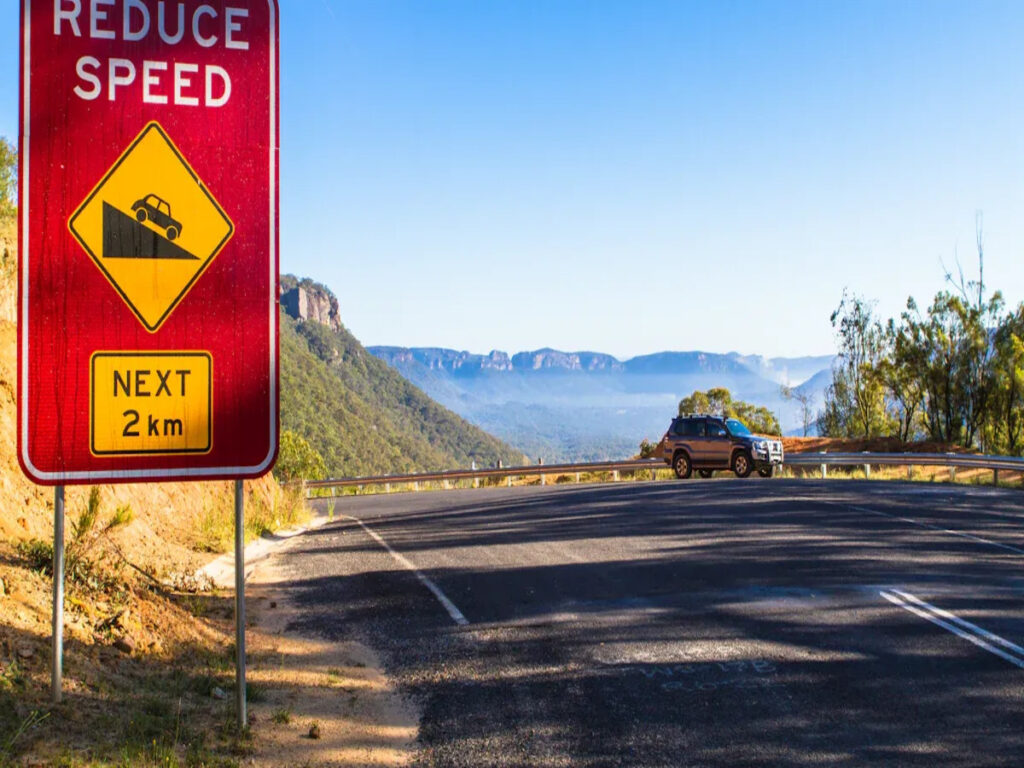
Warning Signs
Warning signs are important for keeping rural roads safe. They alert drivers about dangers ahead, helping to avoid accidents. On rural roads, you might face sharp turns, slippery spots, or animals crossing. Signs like “Sharp Turn Ahead” or “Slippery When Wet” help drivers stay safe.
STOP AHEAD markings are very useful in rural areas. They warn about intersections, even when it’s hard to see ahead. Studies show these markings lower crashes at intersections. Drivers slow down and approach more carefully when STOP AHEAD signs are used.
Regulatory Signs
Regulatory signs make sure drivers follow road rules. These traffic safety signs control speed, traffic flow, and reduce accidents. On rural roads, you’ll see speed limit signs, no passing zone signs, and stop or yield signs. These signs guide drivers and prevent unsafe actions.
Research shows regulatory signs improve driver behavior. For example, in Arkansas, crashes dropped when these signs were added. Right-angle and rear-end crashes also decreased. In Maryland, injury crashes went down too. This proves regulatory signs are key for rural road safety.
Informational and Directional Signs
Informational and directional traffic safety signs help drivers find their way. These include mile markers, route numbers, and emergency access signs. They are especially helpful in areas where GPS doesn’t work well. Directional signs guide drivers, while mile markers help in emergencies.
Imagine driving on a dark rural road, unsure where you are. A clear directional sign can stop confusion and keep you on track. These signs make navigation easier and reduce stress, improving overall road safety.
Key Considerations When Ordering Traffic Signs for Rural Roads
Materials and Durability
When buying traffic signs for rural roads, pick strong materials. Rural areas face tough weather like rain, snow, and strong winds. Aluminum is a great choice because it lasts long and doesn’t rust. Adding reflective coatings keeps signs from fading in the sun.
How safety signs are installed also matters for durability. Signs should be placed to avoid glare and stay visible. Warning and guiding signs work best angled at 0-10 degrees. Prohibition and directional signs may need angles of 30-45 degrees. This helps drivers see them clearly, even in bad weather.
Reflectivity for Nighttime Visibility
Rural roads often don’t have streetlights, so reflective signs are key. These safety signs shine back light from car headlights, making them easy to see. Studies show reflective signs lower accidents. In Sioux City, Iowa, crashes dropped by 38% after reflective signs were added.
Reflective signs are very helpful for warning drivers about dangers. Signs for sharp turns or animal crossings help drivers react faster. This lowers the chance of accidents. Choosing good reflective signs makes rural roads safer for everyone.
| Study Location | Findings | Crash Rate Reduction |
|---|---|---|
| Sioux City, Iowa | Reflective signs reduced accidents | -38% |
| Various Locations | Reflective signs helped lower crashes | N/A |
Compliance with Local Standards
Traffic signs must follow local and national rules to keep roads safe. The Manual on Uniform Traffic Control Devices (MUTCD) gives clear rules for putting up and caring for signs. Following these rules makes roads safer and lowers risks in accidents.
States and towns often follow MUTCD rules for safety programs. For example, highway safety programs under 23 U.S.C. 402(a) require states to use MUTCD standards. This ensures signs are easy to understand and guide drivers well. Always check that signs meet these rules to avoid problems.
| Regulation/Standard | Description |
|---|---|
| MUTCD | Rules for setting up and maintaining road signs |
| Compliance Incentives | Encourages following rules to improve safety and reduce risks |
| Highway Safety Programs | Requires MUTCD standards for approved state safety programs |
Ordering Traffic Signs for Rural Roads: Where and How to Buy
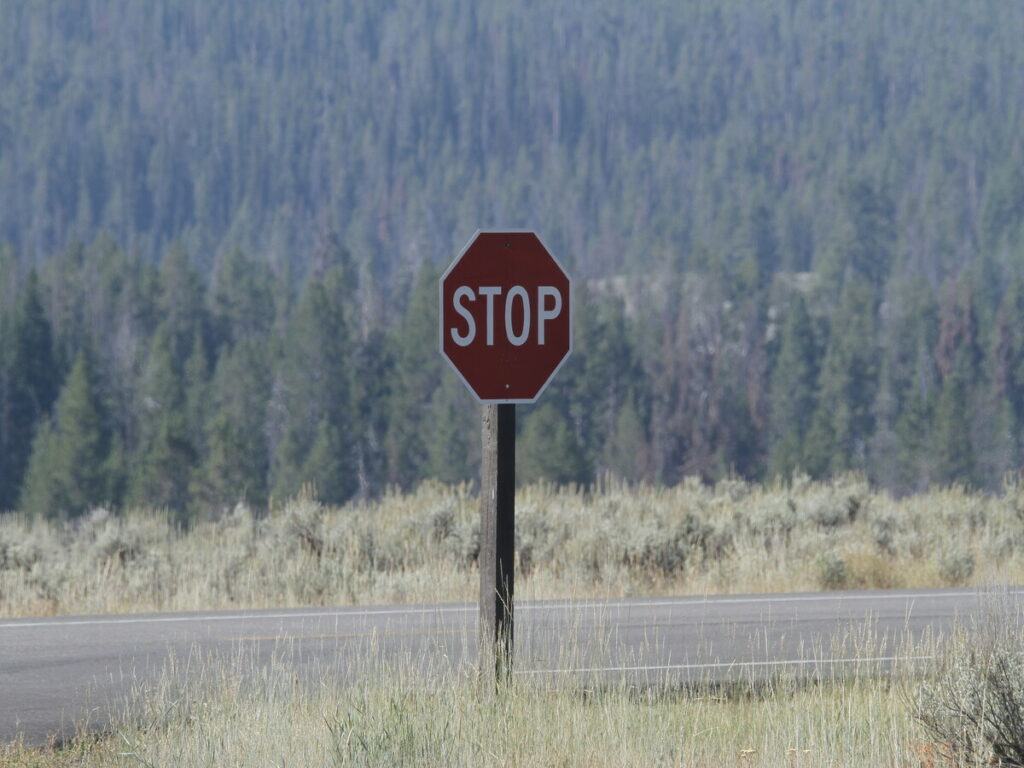
Picking a Trustworthy Supplier
Finding a good sign supplier is very important. A trustworthy supplier provides strong, safe signs for rural roads. They also make sure the signs can handle tough weather. Look at things like location, price, and quality when choosing. Suppliers nearby can save money and deliver faster. Check if they follow environmental rules and are financially stable. This ensures they can be trusted for a long time.
The table below shows what to think about when picking a supplier:
| Criteria | Description |
|---|---|
| Location | How close the supplier is and the pros/cons of their location. |
| Quality capabilities | Their ability to keep signs high-quality and consistent. |
| Financial stability | Their financial health, available funds, and credit history. |
| Environmental regulation compliance | If they follow environmental laws and care about protecting nature. |
| Management capability | Skills and experience of their managers, and focus on quality. |
Ordering in Bulk for Big Projects
For big projects, buying many signs at once saves money. Bulk orders lower the cost per sign and help stay on budget. Having the same signs everywhere makes driving safer. Drivers get clear and consistent directions. Many suppliers give discounts for bulk orders, making it cheaper for large projects.
Before ordering, check if the supplier can handle big orders. They should still make high-quality signs and deliver them on time. This ensures all signs meet safety standards.
Custom Signs for Special Needs
Custom signs solve specific problems on rural roads. For example, you can make signs for local animal crossings or tricky road spots. These signs help drivers stay alert and avoid accidents. Studies show custom signs, like radar speed signs, reduce crashes by 19%.
Custom signs are also useful for areas with special weather or land conditions. By designing signs for your roads, you make driving safer for everyone.
Best Practices for Installing Traffic Signs on Rural Roads
Proper Placement of Signs
Putting traffic signs in the right spots is very important. Stop signs at busy intersections help drivers stop where needed. This lowers crashes and makes traffic flow smoother. Each year, over 700,000 crashes happen at stop signs. Placing them correctly can reduce accidents a lot.
On rural roads, vertical signs guide drivers safely. But studies show drivers notice these signs only 24% of the time. To fix this, place signs where they are easy to see. For example, put warning signs before sharp curves or animal crossings. This gives drivers enough time to slow down and stay safe.
Routine Maintenance and Inspections
Taking care of traffic signs is as important as putting them up. Bad weather like rain, snow, and wind can damage signs over time. Faded or broken signs are hard to see and unsafe. Check signs often to keep them clean, upright, and reflective.
Replace old or damaged signs quickly to avoid risks. Reflective coatings can wear out, especially in sunny areas. Fixing these problems early keeps rural roads safer. Regular maintenance also ensures signs meet safety rules and standards.
Community Involvement
Getting the community involved helps make rural roads safer. Locals know the dangerous spots, like sharp turns or animal crossings. Their advice helps decide where signs are most needed.
Community efforts also help slow down traffic. For instance, speed feedback signs lowered speeds by 3 to 6 mph in some areas. This shows how working with locals improves road safety. When people care about safety, they support and maintain these changes.
Traffic signs are very important for keeping rural roads safe. They help with problems like bad visibility, sharp curves, and animals crossing. Choosing strong, reflective signs and buying from trusted suppliers makes them last longer. Keeping signs in good shape and placing them correctly makes them work better. For instance, research shows that having two or more signs at intersections lowers crashes a lot. The table below shows how traffic signs work well in different situations:
| Situation | Outcome | Importance |
|---|---|---|
| Three-way intersections | Work better | Important |
| Intersections with AADT > 10,000 | Work better | Changes by state |
| Two or more signs at intersections | Work better | Important |
| Areas with more expected crashes | Work better | Important |
Focus on safety by using the right signs to protect everyone.
FAQ
What traffic signs are most needed on rural roads?
Signs like “Sharp Turn Ahead” and “Animal Crossing” are vital. Speed limit and stop signs help control traffic safely. Mile markers and emergency route signs guide drivers in emergencies.
How do reflective signs make rural roads safer?
Reflective signs are easier to see at night. They shine back car headlights, helping drivers notice dangers quickly. Studies show they lower accidents by warning about sharp turns or animals.
Can traffic signs be customized for rural areas?
Yes, you can design signs for special needs like wildlife crossings. Custom signs solve local problems and make roads safer for everyone.
How often should traffic signs be checked?
Check signs at least once a year for damage or fading. Regular maintenance keeps them clear and useful, even in bad weather.
Where can I find good traffic signs for rural roads?
Buy strong, reflective signs from trusted suppliers like OPTRAFFIC. Choose suppliers offering bulk deals, custom options, and signs that meet safety rules.
